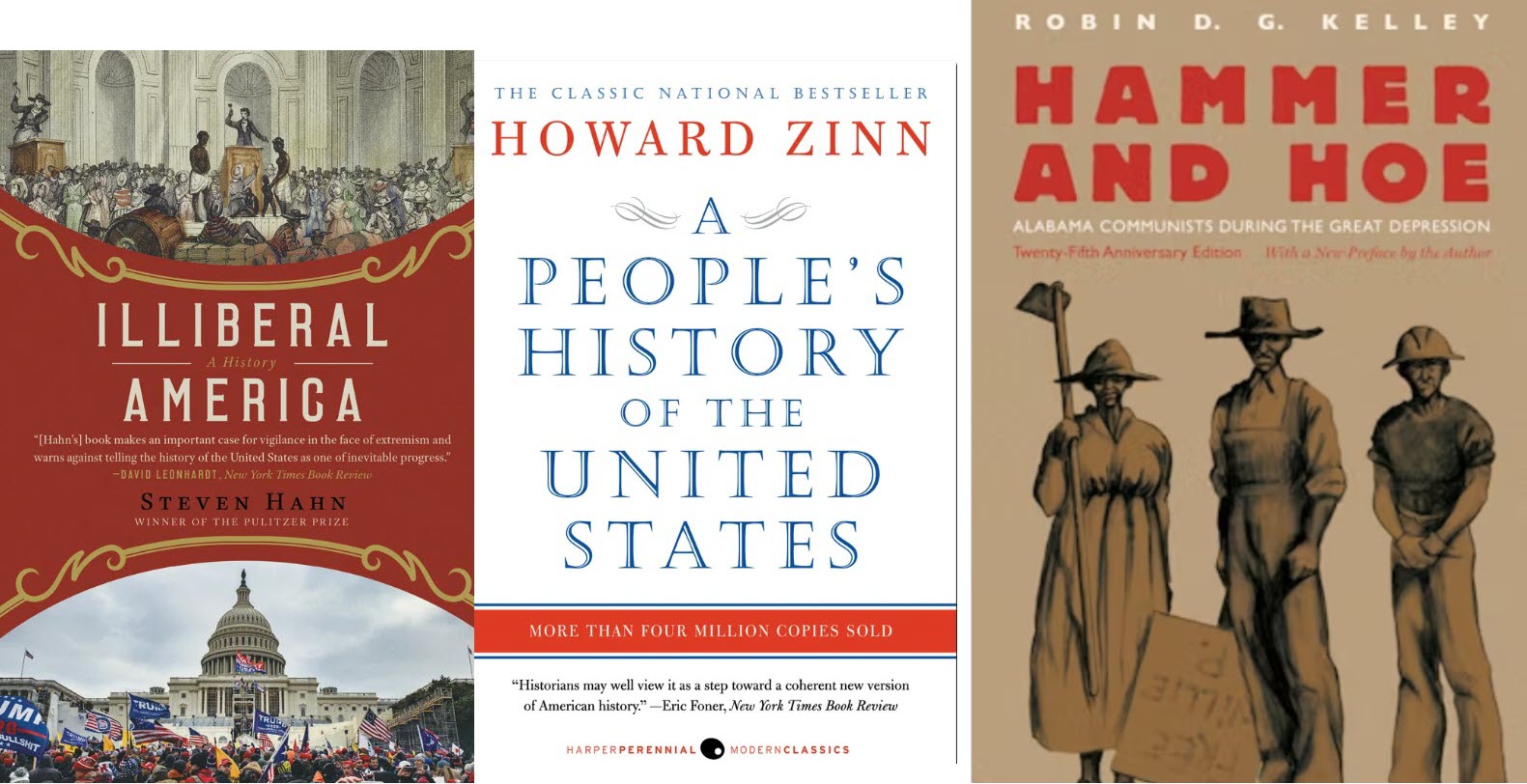Historical Roots of American Fascism: Gilded Age to the Second World War
Online: Zoom link will be provided to registered participantsTake part in the Political Strategy Study Group’s sweeping look at the history and political significance of the major waves of struggle and counter-revolution in the United States. In June, we will read and discuss selections on the late 19th through to the 1930s Depression years: Howard Zinn, People's History of the United States Steven ... Read more
Antonio Gramsci Studies: 2025 Series
Online: Zoom link will be provided to registered participantsThe continuing 2025 Gramsci Study Sessions will read and explore from: Selections from the Prison Notebooks Selections from Cultural Writings Selections from Political Writings Gramsci’s writings on international politics, as they relate to contemporary issues and conflicts. Participants may join in at any time. We share a vast archive of articles and secondary sources on ... Read more
Reading Science Fiction Politically: Severance by Ling Ma
Online: Zoom link will be provided to registered participants"To build a better future, we have to envision it first." Reading science fiction, discussing it together, and reading it politically, offers one tool for "envisioning" a future worth building. We continue our explorations of diverse points of view of social conflict and resolution, possible and imagined just worlds, here on Earth and perhaps afar.



